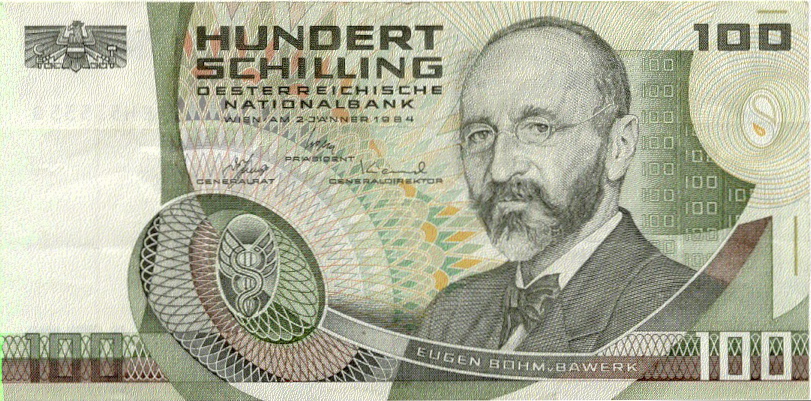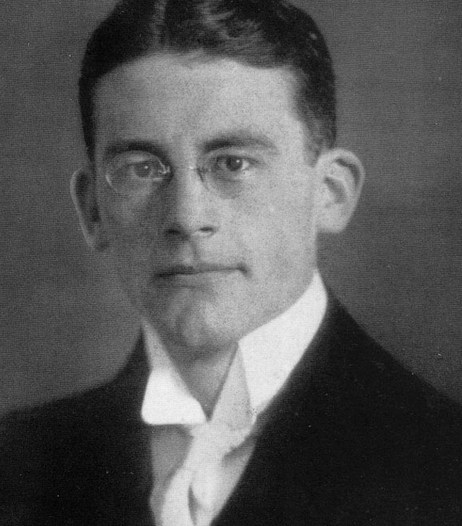Böhm-Bawerk Doesn’t Werk
 An interlude, consisting of a much expanded treatment of a short section from the material I contributed to the Austrian School essay in Phil’s new book, which is now on sale along with his other books.
An interlude, consisting of a much expanded treatment of a short section from the material I contributed to the Austrian School essay in Phil’s new book, which is now on sale along with his other books.
*
Amended 16/8/18 to remove a factual error.
*
The leading Austrian economist after Menger was Eugen von Böhm-Bawerk. He was the developer of many key Austrian mainstay theories. The interesting thing is that he spends a huge amount of his time attacking Marx. Indeed, as noted, his attack on Marx is to a large extent the springboard which leads him to his own theories.
His major criticism of Marx is connected to something called the ‘transformation problem’. But it’s a bit of a twisty story.
In a polemic published not long after the posthumous publication of Capital vol.III (1894), Böhm-Bawerk claimed that volumes I and III of Capital contradict each other when it comes to the matter of how values are transformed into prices. Marx, says Böhm-Bawerk, claims in vol.I that commodities tend to sell at their values and promises to explain later why it seems otherwise in real life. However, says Böhm-Bawerk, when Marx comes back to this in vol.III, he fails to explain, leaving himself stuck in a contradiction. Commodities supposedly sell at their values, yet Marx is unable to explain how values are transformed into prices.
This claim was very influential among mainstream economists for a long time because, as Andrew Kliman says in his seminal book Reclaiming Marx’s Capital, “it reflects their view that only price and profit, not value and surplus-value, matter in the real world”. Kliman goes on to note, in his polite way, that “[i]t has also been very influential among non-economists, probably because it is simpler than the subsequent critiques”. Böhm-Bawerk is often mentioned when people talk about long-running and serious objections to Marx’s theory of capitalism. He often comes up when people begin talking about what is arguably the longest running – and most damaging – controversy in Marxist economics, the issue known as ‘the Transformation Problem’. There is no doubt that, in the loose sense, he founded the controversy.
However, as Kliman points out, “the specialist literature has all but ignored Böhm-Bawerk’s critique” since the Keynesian economist Paul Samuelson dismissed him, in the midst of his own attack on Marx in 1971. (Samuelson’s attack is another story. It was extremely influential but also highly peculiar, and its timing was clearly politically motivated; it was an attempt to counter the increasing popularity of Marx at the time among radicalised students.) Any idea that Böhm-Bawerk remains a powerful enemy of Marx must flounder on the fact that his ideas have had little direct influence on anyone in the major debate for more than forty years. That does not, of course, make him wrong (Kliman admits that Böhm-Bawerk may have been abandoned partly for political reasons), but it does make him largely irrelevant.
You see, although Böhm-Bawerk began the critical focus on Marx’s account of value/price transformation, the contradiction he supposedly detects in Marx is actually not the one that formed the basis of the long-running transformation debate.…

 Okay, so Phil is now editing the full text of the Austrians essay for
Okay, so Phil is now editing the full text of the Austrians essay for